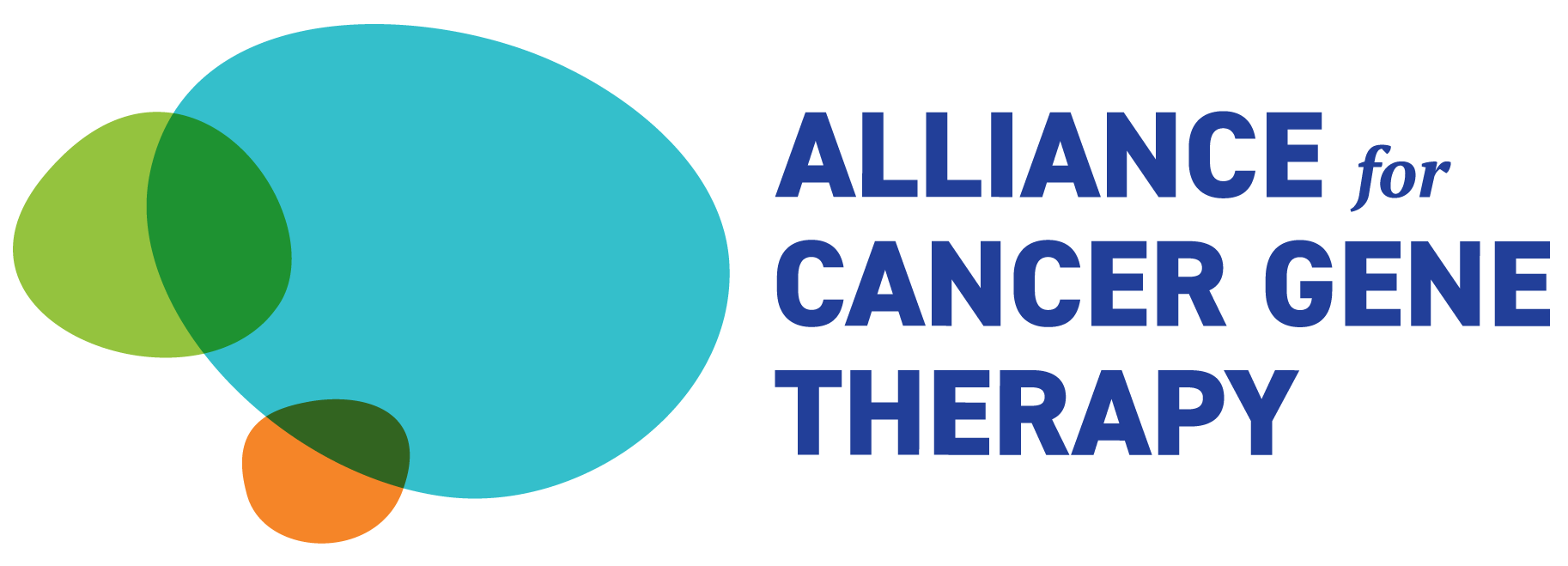
Bypassing the Blood Brain Barrier to Treat Brain Cancer

The barrier is an essential part of keeping the brain safe, but it also prevents the immune system from eliminating brain cancer tumors.
There are 25,000 people diagnosed with brain cancer each year in the United States, and survival rates are discouraging.
One of the reasons is the location of the cancer and its proximity to a vital organ. The other is a biological phenomenon called the “blood-brain barrier,” which can prevent immunotherapies such as
Defining the Blood-Brain Barrier
The blood-brain barrier is a network of cells and tissue that keep the brain safe from harmful substances like bacteria in the blood. The barrier prevents this bacteria from reaching the central nervous system and contaminating the area of the brain and spinal cord.
The barrier is an essential part of keeping the brain safe, but it also prevents the immune system from eliminating brain cancer tumors.
The most notable type of cancer cell and gene therapy is CAR T-cell therapy, which uses engineered forms of our own T cells to activate the immune system to find and fight cancer cells. The blood-brain barrier can prevent CAR T cells from reaching brain tumors because CAR T cells are usually infused into the bloodstream.
One Alliance for Cancer Gene Therapy (ACGT) scientist aims to bypass the blood-brain barrier with cell and gene therapy.
The clinical trial had positive results in phase 1 for glioblastoma, a type of brain cancer. For more information on this clinical trial,
Newsletter
Stay at the forefront of cutting-edge science with CGT—your direct line to expert insights, breakthrough data, and real-time coverage of the latest advancements in cell and gene therapy.















